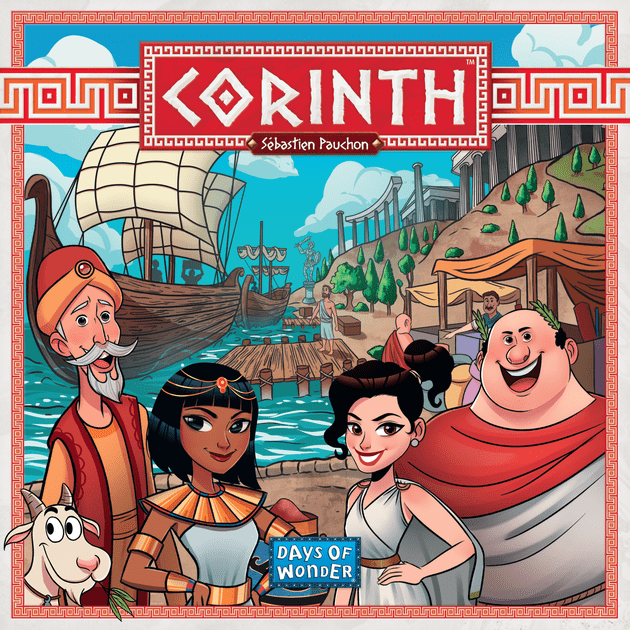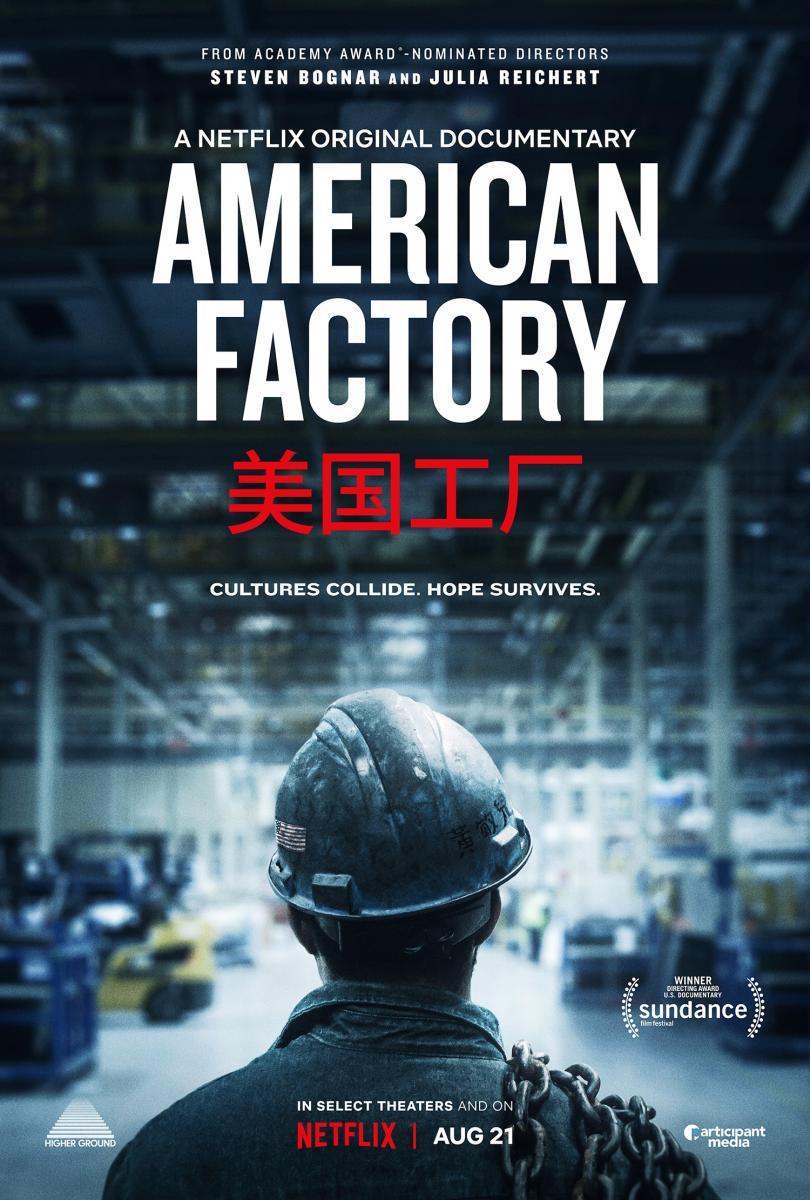Done with the help of Taylor:
Name Scotland’s biggest natural assets in energy:
-Fossil fuels: Scotland has a significant quantities of fossil fuel deposits (62% of the EU’s proven reserves for oil). Scotland heavily relies on nuclear power. They still use liquid petroleum gas and coal for heating in remote areas of Scotland.
-Renewable: Scotland’s renewable resources focus on wind, solar, and hydropower (which provide 1/3 of all electricity generation).
Suggest why London and Edinburgh’s governments have made different decisions concerning energy consumption.
– England and Scotland are the only two countries in the United Kingdom who produce nuclear energy. Scotland produces twice as much energy than England from both nuclear and renewable energy sources. However, England produces twice as much coal and four times as much oil. Gas has replaced coal in recent years due to favorable market conditions. I suggest that the differing decisions in energy production and consumption are based on profit of said resources, and clearly England has more non-renewable resources for sale.
– Three reasons Scotland excels in the gas and oil sector:
1) The government commissions research in the oil and gas field.
2) Financially supports initiatives in training skilled workers.
3) Policy making in regards to progress the future of oil and gas development in Scotland.
– Friends of the Earth Scotland and other environmental groups are pressuring Scotland to phase out non-renewable energy sources and promote the use of renewable energy sources.
– Anti-nuclear movements that concern both environmental and human life.
Name four physical problems faced by oil companies in Alaska:
– Oil companies may face difficulties transporting product though the Brooks mountain range.
– Oil companies may also face difficulties transporting product through the Alaska mountain range.
– The Yukon river may create a difficult obstacle, especially in the frozen winter months.
– Oil companies may find difficulty navigating around the national parks, Arctic National Park and Wrangell National Park.
Three arguments for oil production in Alaska:
– Price reduction for U.S. :
Alaska is a state in the United States, and the United States is the number one consumer of crude oil in the world. If the U.S. can produce their own oil products, they can ideally maintain their own prices.
– Oil production is the main economic resource in Alaska.
– The state of Alaska receives royalties and taxes from oil companies operating within their state.
Three arguments against oil production in Alaska:
– Production activities destroy Alaskan tundra, including vital environments that are inhabited by local wildlife.
– Indigenous people are at risk and oil production threatens their way of life.
– There is an increased risk of oil spills in the region.
Opinion: Do you think oil companies should be allowed to explore new areas for oil? Not until oil companies can throughly prove that they can readily and responsibly extract oil from the earth without negative consequences.


/pic3672610.jpg)




Debe estar conectado para enviar un comentario.